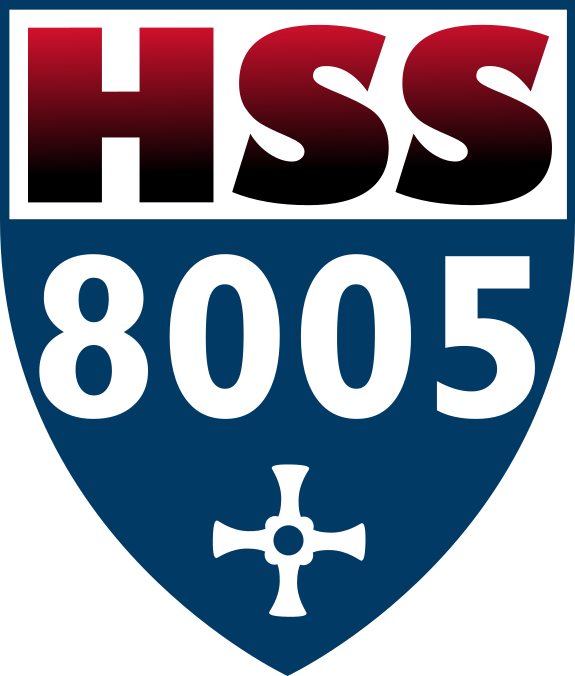
Quantitative analysis
Newcastle University (UK)
Module leader
- Dr. Chris Moreh
- HDB.4.106
- Tutorial booker
Teaching Assistants
Timetable
- Tuesdays, Timetable Weeks 22-29
- HDB.6.19 PGR Learning Lab
- Lectures: 11:00-12:30
- Labs: 13:00-14:30
Assessment
- 4,000-word data analysis portfolio/report (details on Canvas)
- Submit by 16:00 on 30th April 2025
- Submit to Turnitin via Canvas
Module overview
This module is offered by School X - Researcher Education and Development to postgraduate students within the Faculty of Humanities and Social Sciences at Newcastle University. The module aims to provide a broad applied introduction to more advanced methods in quantitative analysis for students from various disciplinary backgrounds. See the module plan page for details about the methods covered. The course content consists of eight 1.5-hour lectures and eight 1.5-hour IT labs.
The course stands on three pillars:
Application: we will work with real data originating from large-scale representative surveys or published research, with the aim of applying methods to concrete research scenarios. IT lab exercises will involve reproducing small bits of published research, using the data and (critically) the modelling approaches used by the authors. The aim is to see how methods have been used in practice in various disciplines and learn how to reproduce (and potentially improve) those analyses. This will then enable students to apply this knowledge to their own research questions. The data used in IT labs may be cleansed to allow focusing more on modelling tasks than on data wrangling, but exercises will address some of the more common data manipulation challenges and will cover essential functions. Data cleansing scripts will also be provided so that interested students can use them in their own work.
Computation: the development of computational methods underpins the application of the most important statistical ideas of the past 50 years (see Andrew Gelman’s article on these developments here or an online workshop talk here; Richard McElreath’s great talk on Science as Amateur Software Development is well worth watching too). This module aims to develop basic computational skills that allow the application of complex statistical models to practical scientific problems without advanced mathematical knowledge, and which lay the foundation on which students can then pursue further learning and research in computational humanities and social sciences.
Reproducibility: developing a reproducible workflow that allows your future self or a reviewer of your work to understand your process of analysis and reproduce your results is essential for reliable and transparent scientific research. For an overview of why it’s important to develop a reproducible workflow early on in your research career and how to do it using (some) of the tools employed in this module, read Chapter 3 of TSD (see Resources > Readings). In this course, we will be using a suite of well-integrated free and open-source software to aid our reproducible workflow (see Resources > Software).
Prerequisites
To benefit the most from this module, students are expected to have a foundational level of knowledge in quantitative methods: a good understanding of data types and distributions, familiarity with inferential statistics, and some exposure to linear regression. This is roughly equivalent to the content covered in a textbook such as OpenIntro Statistics (which you can download for free).
No previous knowledge of or other command-based statistical analysis software is needed, but if starting from scratch, students are advised to complete the self-paced R for Social Scientists Data Carpentry course outside class and to consult Wickham, Çetinkaya-Rundel and Grolemund’s ebook R for Data Science.
Copyright Chris Moreh, 2025.